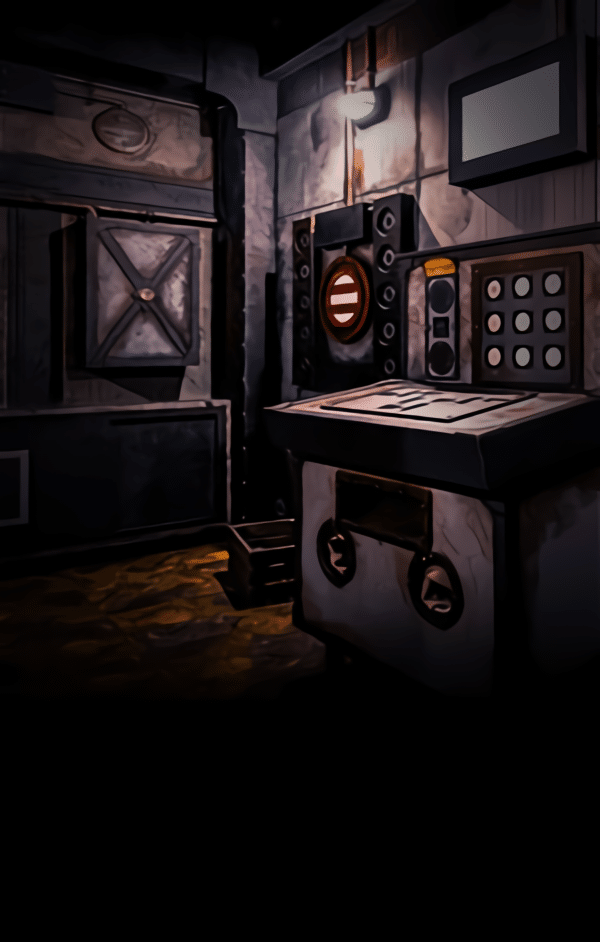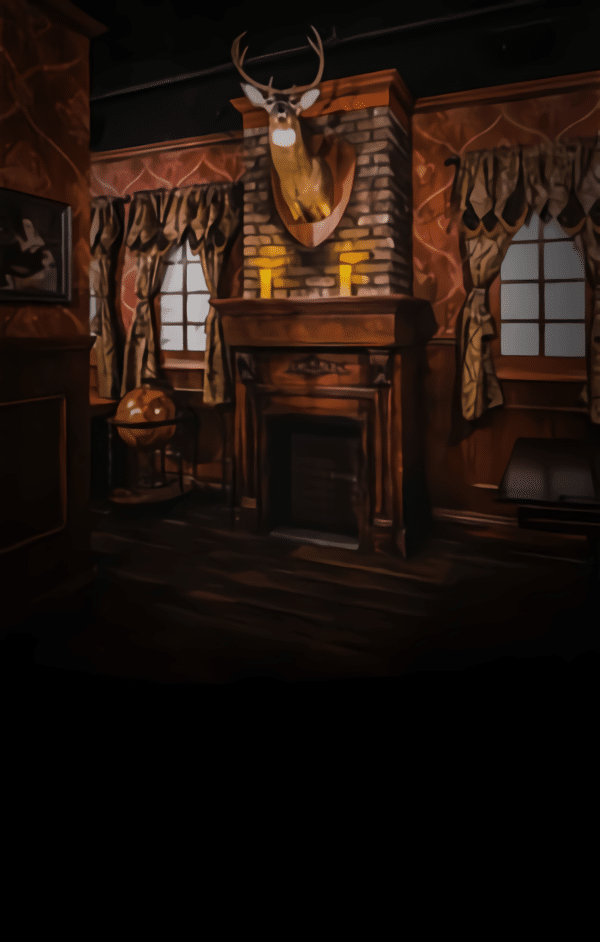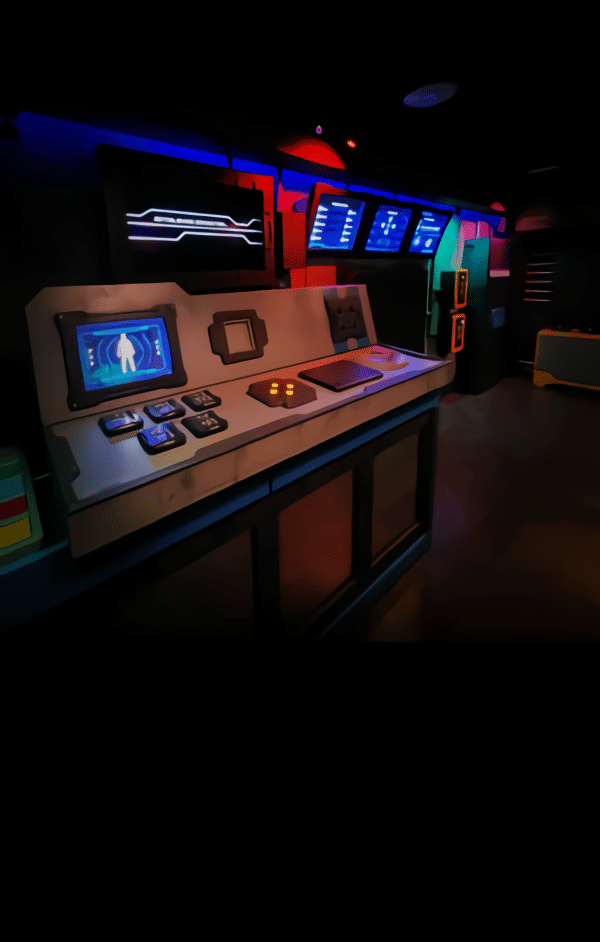Escape rooms are thrilling, immersive experiences designed to challenge participants’ problem-solving skills, teamwork, and creativity. But for many individuals, the question arises: Can escape room New York accommodate special needs? At Mission Escape Games – NYC, accessibility, inclusivity, and adaptability are prioritized to ensure that every participant, regardless of ability, can enjoy the challenge. Below, we’ll explore this topic in depth, focusing on different aspects of accessibility, accommodation, and inclusivity.
Understanding Accessibility in Escape Room New York
Accessibility is about more than just physical access—it’s about ensuring that every individual has the chance to participate meaningfully. Escape room New York venues in midtown have carefully designed spaces where individuals with mobility challenges, sensory needs, or other conditions can enjoy the experience. This includes wheelchair-friendly entryways, adaptable seating, and puzzles that can be adjusted to suit various physical or sensory capabilities.
In addition, lighting and sound effects are considered thoughtfully. For participants who may be sensitive to loud noises or bright lights, adjustments can often be made ahead of time. The goal is to create an environment where the excitement remains but the discomfort is minimized.
Mobility Considerations for Escape Room Participants
For guests with limited mobility, the physical layout of the escape rooms is often a primary concern. Certain game rooms, such as End of Days A or Hydeout, may involve puzzles that are reachable from a seated position, while other rooms with crawl spaces or ladders may require more discussion beforehand.
The staff at escape room New York works with groups to ensure everyone can take part. When booking, teams are encouraged to share mobility needs so the game master can recommend the most accessible game. For example:
-
Wheelchair-accessible pathways are available in select rooms.
-
Puzzles can be modified or explained in ways that allow participation without physical strain.
-
Seating options can be added in-game for participants who need breaks.
This flexibility ensures that no one feels excluded from the fun.
Accommodations for Sensory Sensitivities
Escape rooms rely heavily on atmosphere—sounds, visuals, and story-driven immersion. However, for participants with sensory processing challenges, this can sometimes be overwhelming. Escape room New York offers customizable sensory accommodations.
Examples of sensory adjustments include:
-
Lowering background noise or music.
-
Adjusting or dimming lighting when needed.
-
Providing alternative puzzle-solving options that don’t rely heavily on visual or auditory cues.
-
Offering pre-game walkthroughs to explain sensory elements in advance.
By tailoring the environment, participants can enjoy the thrill without being overstimulated.
Cognitive and Neurodiverse Inclusivity
Escape rooms are inherently puzzle-based, which can be both exciting and challenging for individuals with neurodiverse conditions such as ADHD, autism, or learning differences. Game masters in escape room New York are trained to offer clear instructions, patience, and support when needed.
For instance:
-
Clues can be rephrased for better clarity.
-
Time extensions may be granted when appropriate.
-
Teams can request simplified puzzles or hints provided at a quicker pace.
This allows players to engage on their terms, making the experience more rewarding and enjoyable.
How Communication Support is Provided
Effective communication is critical in escape rooms. For participants with hearing or speech difficulties, accommodations can be arranged. Some of these include:
-
Written instructions or notes provided alongside verbal cues.
-
Visual indicators or light signals in place of audio prompts.
-
Staff trained to use clear gestures and provide non-verbal assistance.
By ensuring communication barriers are addressed, escape room New York promotes teamwork for all group members.
The Role of Game Masters in Supporting Special Needs
Game masters are the backbone of a successful escape room experience. Their ability to adapt, support, and guide players is essential—especially when accommodating special needs. At Mission Escape Games – NYC, game masters are attentive to the unique needs of each group.
They provide:
-
Pre-game consultations to understand accessibility requirements.
-
On-the-spot adjustments if participants express discomfort.
-
Encouragement and reassurance to create a supportive atmosphere.
This personalized approach makes escape rooms more welcoming and inclusive.
Pre-Booking Tips for Special Needs Accommodations
To maximize enjoyment, participants with special needs are encouraged to contact the venue before their visit. Some useful tips include:
-
Communicate Needs Early: Let staff know about mobility, sensory, or cognitive concerns ahead of time.
-
Choose the Right Game: Some rooms may naturally be more accessible than others (e.g., Carbon: 3708 vs. Hydeout).
-
Request Adjustments: Ask for sound or lighting modifications, seating, or additional support if necessary.
-
Arrive Early: This gives time for staff to explain room setups and answer questions.
By preparing in advance, the experience becomes more enjoyable for everyone involved.
Group Participation and Team Building
Escape room New York thrives on teamwork. Groups with individuals of varying abilities can divide tasks based on strengths. For example, someone with strong analytical skills might handle riddles, while another participant handles physical tasks like unlocking mechanisms.
This inclusive teamwork highlights how escape rooms encourage collaboration, making them ideal for families, friends, and corporate groups that value diversity.
Why Inclusivity Enhances the Experience
Inclusivity in escape rooms does more than accommodate—it enhances the game. When every player feels valued and capable of contributing, the atmosphere becomes more collaborative and rewarding. This sense of shared achievement makes victories more meaningful and strengthens the bonds within the team.
Moreover, escape room New York demonstrates that entertainment should not be one-size-fits-all. By adjusting to participants’ needs, the venue sets an example of hospitality and inclusivity in the entertainment industry.
Conclusion
Escape room New York is more than just a place to solve puzzles—it’s a destination that values inclusivity, adaptability, and fun for all. By offering mobility accommodations, sensory adjustments, communication support, and flexible gameplay, the venue ensures that participants with special needs can enjoy the same thrilling experience as everyone else. With thoughtful planning, teamwork, and the support of skilled game masters, every guest has the opportunity to shine.
For more information or to book your inclusive adventure, visit escape room new york.
Frequently Asked Questions
Q: Can escape room New York accommodate special needs?
A: Yes, the venue provides accommodations for mobility challenges, sensory sensitivities, communication support, and neurodiverse conditions to ensure everyone can enjoy the experience.
Q: Are escape rooms wheelchair accessible?
A: Some rooms are designed with wheelchair accessibility in mind. It’s best to confirm when booking to ensure the chosen room fits accessibility needs.
Q: Can sensory elements like loud sounds or flashing lights be adjusted?
A: Yes, sound levels and lighting can often be modified upon request to make the experience comfortable for participants with sensory sensitivities.
Q: Do game masters provide additional support for special needs?
A: Game masters are trained to adapt their guidance, offer extra hints, and provide alternative communication methods to support participants with special needs.
Q: Should I notify the staff about accessibility requirements in advance?
A: Absolutely. Informing the staff before arrival ensures they can make the necessary preparations for an inclusive and enjoyable experience.









